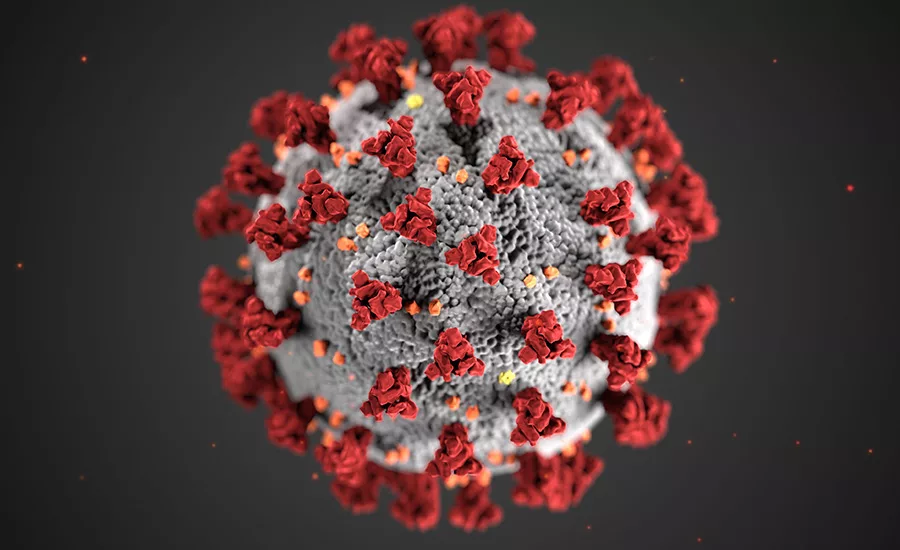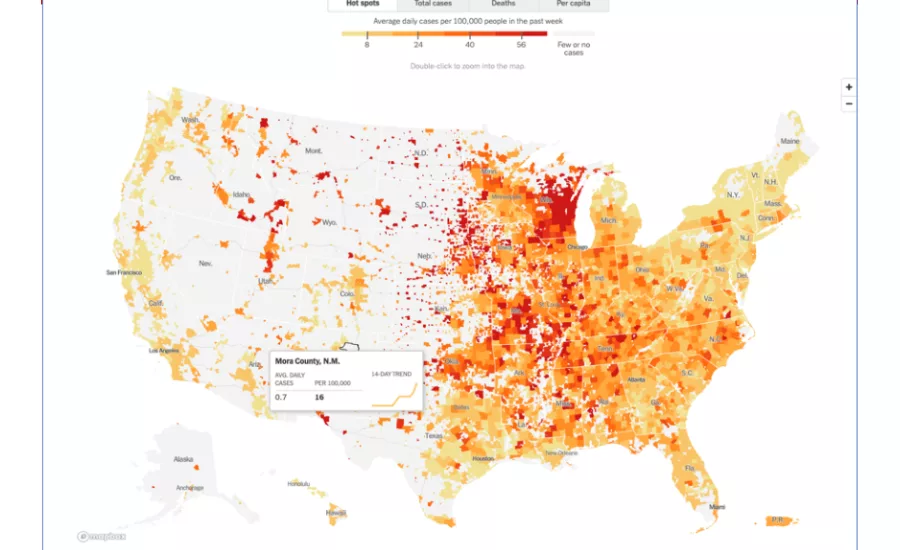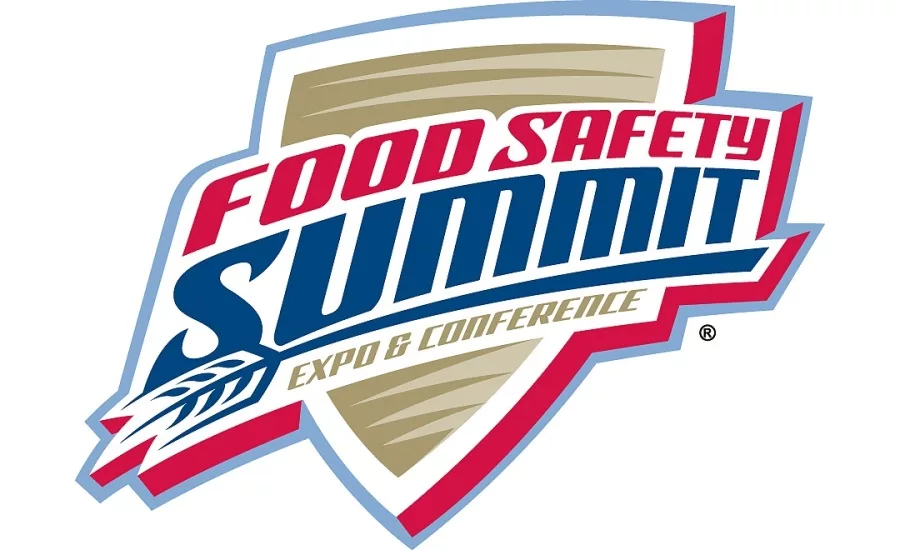Food Safety Summit opening session – COVID-19: The New Normal for the Food Industry



The virtual Food Safety Summit opened on Monday, October 19, with a session entitled “COVID-19: The New Normal for the Food Industry.”
Speakers included LeeAnn Jaykus, professor, North Carolina State University; Jorge Hernandez, food safety and quality, Wendy’s; Mahipal Kunduru, VP of quality assurance, Topco Associates; Steven Mandernach, executive director, Association of Food and Drug Officials (AFDO); Joan Menke-Schaenzer, quality and food safety, Van Drunen Farms; Glenn Stolowski, H-E-B; and Craig Wilson, Costco.
Moderators included Gary Ades; Craig Henry, Costco; Mahipal Kunduru; and Chiraq Bhatt.
LeeAnn Jaykus presented first, on COVID-19 emerging scientific evidence.
She said that SARS-Cov-2 is a betacoronavirus belonging to the Coronaviridae family which causes the disease “coronavirus disease 2019,” and that in a few days, we’ve seen quite a surge of coronavirus cases in the US.
Jaykus also mentioned that age is a risk factor for more severe illness; hospitality and mortality rates increase with age. Young children are probably a driving force because of asymptomatic shedding, and young adults appear to be a driving force because of poor compliance with recommended control strategies.
In addition, the rates of disease are higher in African-Americans, Latinos, and American Indians, when comparing rates to Caucasian people.
She says that some common themes of COVID outbreaks include being indoors, close/face-to-face contact, poor ventilation, and talking/singing/yelling occurring; according to the CDC, most infections spread through close contact.
Also, meat and poultry packaging plants (and other manufacturing plants) have had illnesses among their essential workforce, Jaykus said. However, if everyone wears masks, we might only be exposed at a lower infection. This might also increase asymptomatic infection while also contributing to herd immunity.
Four vaccine strategies that are currently being investigated include:
- Traditional vaccination
- Genetic vaccines
- Protein-based vaccines
- Viral Vector vaccines
However, the more promising vaccines at the current time are ones that have never been used in humans before (viral vector vaccines and nucleic acid-based vaccines).
Glenn Stolowski, manager of food safety team, H-E-B, spoke next, on the foodservice side, and said that customers want to know the carts are sanitized, and appreciate hand sanitizer at entrance.
His team has also been ensuring that supply chain will be able to keep up with demand on key items during pandemic. He recommends multiple backup suppliers on key items; for example, nobody could have foreseen bath tissue or dry yeast being so in-demand.
Jorge Hernandez then spoke, and said that companies that had a plan and practiced it regularly ended up being in good shape for the pandemic. He also talked about new foodservice “normals,” and recommended that if something isn’t working, companies should pivot to the next idea.
Joan Menke-Schaenzer spoke after Hernandez, and said that every day is an opportunity to learn, pivot, and continuously improve. Her company had a crisis management plan but it didn’t include this scenario, on how to respond to a pandemic; their new plan is to focus on the “new normal,” which includes cultural imperatives.
Steven Mandernach was the last speaker, and noted that the United States’ public health system is not built for the “100-year event”; therefore, it had a unprecedented level of impact, since it exceeded the capacity of our system.
He said there was also a lack of clear/timely info from federal agencies at the beginning, such as CDC, FDA, OSHA, etcetera. However, the pandemic also brought a positive: there was great industry collaboration with each other and trade organizations.
Click here to watch this event on-demand.




